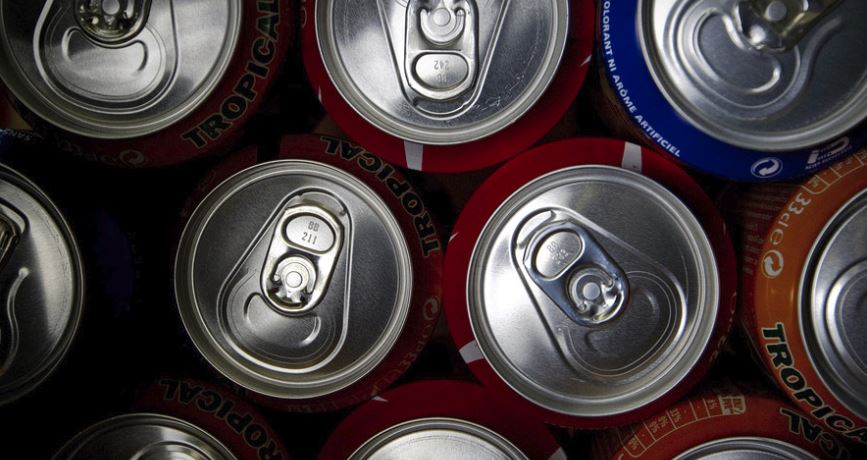The End
I think many have drawn the wrong conclusion from the successful campaign to reduce cigarette smoking by attributing it to taxes on cigarettes. Even in that case, high taxation hurt the poor the most, and it has given rise to an enormous amount of illicit trade.
The End.



